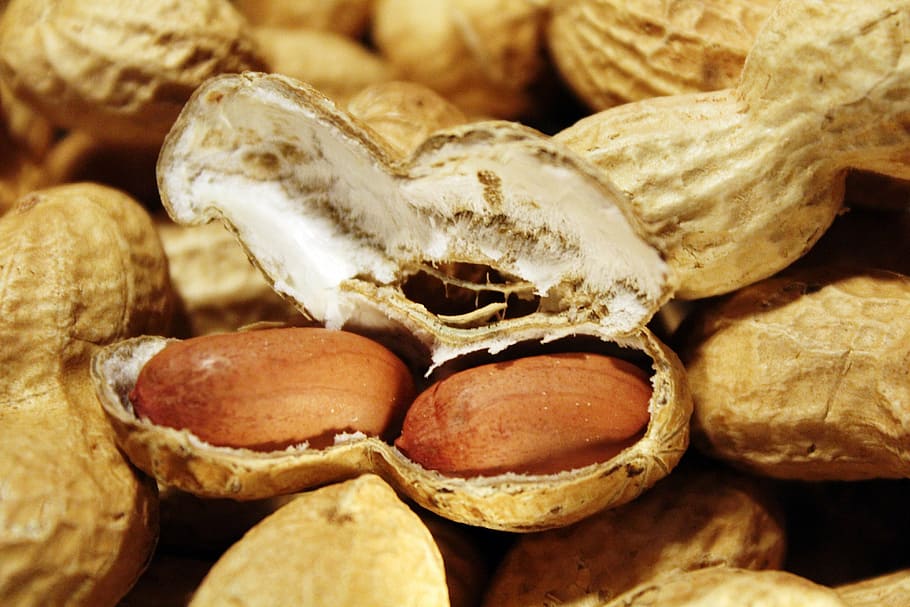Peanuts (peanuts) are a food that offers several healthy components that can benefit our health.
Some of the healthy contents of peanuts include:
Protein: Peanuts are a good source of protein, making them a great food for vegetarians and vegans looking to get plant-based protein.
Healthy fats: About half of the fat content in peanuts is oleic acid, a type of monounsaturated fat similar to that found in olive oil, known for its positive effects on cardiovascular health.
Fiber: Peanuts contain dietary fiber, which is beneficial for digestive health and can help maintain stable blood sugar levels.
Vitamins: Peanuts are rich in several vitamins, including vitamin E, vitamin B3 (niacin), vitamin B6, and folate, which are essential for various body functions.
Minerals: Peanuts are a good source of minerals such as magnesium, phosphorus, potassium, and zinc, which are important for maintaining bone health and cell function.
Antioxidants: Peanuts contain antioxidants like resveratrol, which can help protect cells from damage caused by free radicals.
Arginine: Peanuts are also rich in arginine, an amino acid that plays an important role in the function of the cardiovascular system.
IN CONCLUSION
It is important to note that although peanuts have many health benefits, they are also high in calories, so they should be eaten in moderation, especially if you are following a low-calorie diet. Also, some people may be allergic to peanuts, so they should avoid eating them. It is always advisable to consult a health professional or nutritionist for personalized recommendations on your diet.

